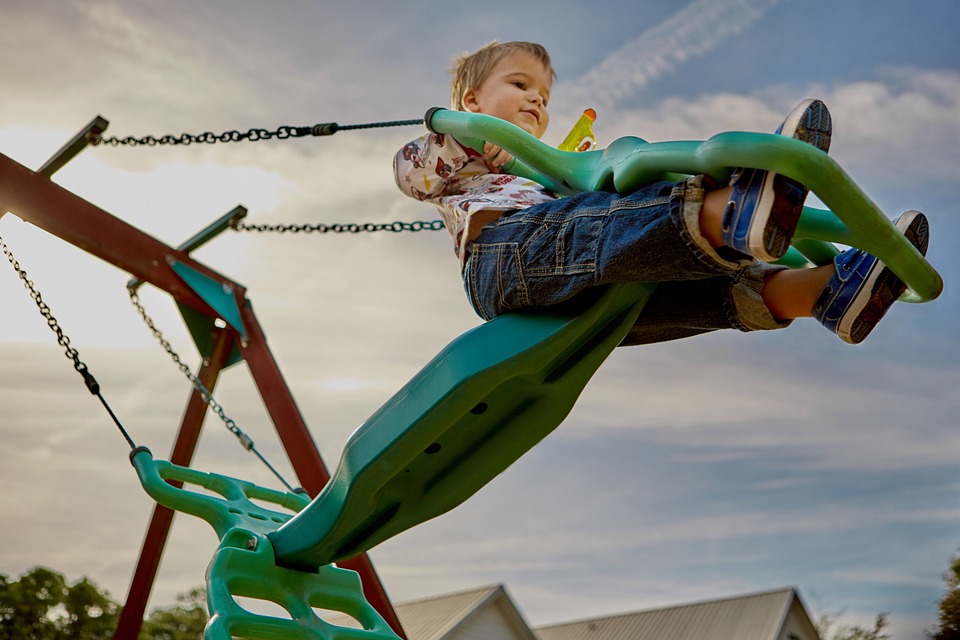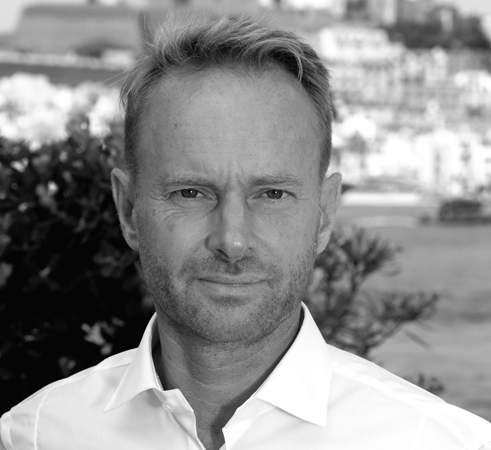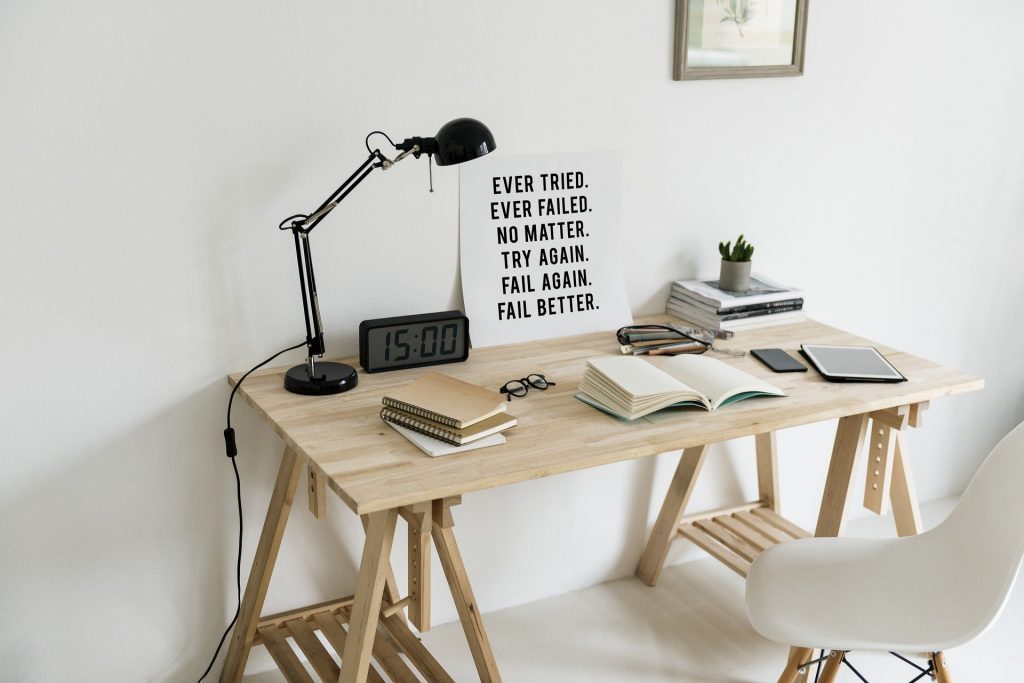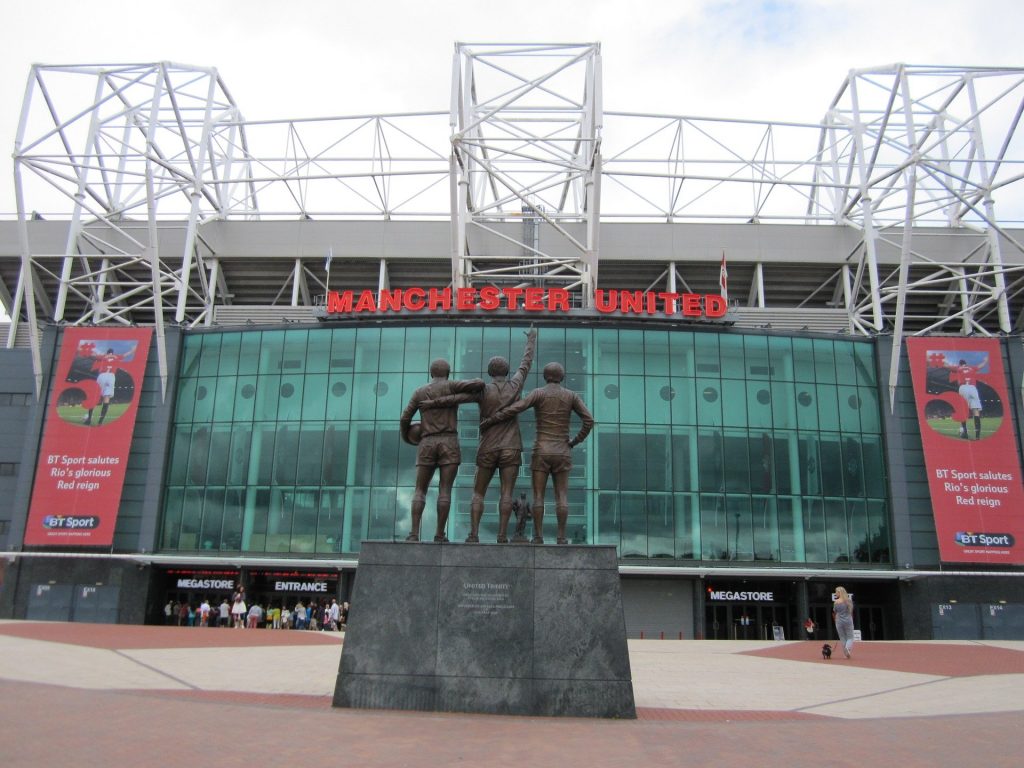In this interview on The Logros Show – in association with The Greater Manchester Chamber of Commerce – Lee Dinsdale talks to Barry Leahey, Managing Director and Shareholder of Playdale Playgrounds , about what makes a great children’s playground.
Interview with Barry Leahey at Unity Radio – The Real Sound of the City.
Interview with Barry Leahey at Unity Radio – The Real Sound of the City.
Lee: Good afternoon. My name is Lee and this is the Logros Show in association with the Greater Manchester Chamber of Commerce only on Unity Radio – The Real Sound of The City. We are broadcasting live here from Media City UK. Today on the Logros Show we are joined by Barry Leahey MBE who is the Managing Director and Shareholder of Playdale Playgrounds which makes outdoor children’s playground equipment. We are going to be hearing about Barry’s story and also what makes a great children’s playground. For everybody listening now and I was thinking about this morning when I was prepping the questions for Barry, where was your favourite playground when you were younger? Think about that and Barry is going to explain what makes a great children’s playground.
Barry: Let me give you a couple of things. It’s the users at the end of the day. You remember those memories because of your mates that you were knocking around with. The users are key to the play area but when we are designing a play area we want risk in there. I’m not looking to kill anyone, it has got to be perceived risk, and it’s got to be height. Children always run for the highest thing but if you actually look at these products now that we produce, you cannot fall from that height, you just feel like you are up there. We have started to bring in some really exciting stuff. There is a lot of electronics there and there will be people listening to this who think, yeah but I want to get on my PlayStation.
We are starting to put PlayStation technology into play equipment and we should have more and more people getting out there.
Lee: Sorry, I don’t want to disrupt your product innovation but does that not disrupt the whole point of ….?
Barry: Do you know what, there are a load of purists that say, we used to put sweaters down and use them as goalposts and stuff like that, but that’s when we were kids. Now if you speak to my four year old daughter the first thing she wants to get hold of is my wife’s’ phone in the morning. We have got to attract kids to get outside. We have got this obesity epidemic so if they want electronics in their hand let’s give it to them. If you give someone a pound and a dance mat they’ll drip in sweat to do it so it’s this stealth fitness and that’s what we are trying to do. Get them outside but give them something that they want.
Lee: Okay, so sorry I just interrupted you there. What else makes a good playground?
Barry: Space and lots of variety in there. It’s not just about a swing. It’s about how it interacts with each other and constantly refreshing it as well. Well no one can afford to refresh it constantly but it can’t be like that for generations.
Lee: We broadcast over most of Greater Manchester and there are obviously a few parks and playgrounds around that area. For children and families who are listening, which playgrounds do you rate across the city and think, well actually you should take their child there because it’s well put together?
Barry: Manchester is great at doing playgrounds. They have a whole variety of different play areas. Even in the city centre they have some real good ones right there in Portland square which are very urbanesque.
For families I say Tatton Park every time. We’ve had equipment there for nearly on forty years and we have refreshed it. It’s free and its good and it is a big open space, it’s great.
One that I’m probably most proud about is the one we have got in Moss Side. It’s still there and is right next to the community centre. It was a multi-sports court and we started Manchester Midnight basketball fifteen league about fifteen years ago. It’s still well looked after by the community and it’s brilliant.
Lee: I remember we had swings, a roundabout, a slide and that was probably as good as it got for me on the park where I went to. What would you say are the key components, what makes up a good playground?
Barry: Dynamic moving items. Children love going to the fair so if we can simulate fair rides, that’s when you see the children’s eyes light up; that’s when you see the big smiles. You can’t do that for a one and a half year old so the key item for them is making sure we have the different age groups. We have got springers for toddlers but it’s still moving isn’t it? We don’t like static stuff to play.
Lee: How do you measure the success of a great playground? Is it the number of people on it, is it the smiles?
Barry: I think you’ve done a little bit of research into us Lee because one of our hashtags that we use at Playdale is #sixty million smiles. We believe with twenty three thousand playgrounds around the world, we are producing every day at least sixty million smiles. For me for the product that we’re selling and producing that’s a really nice place to be. That’s success and that’s what it’s all about.
We are doing it to make children happy and you want to see children on that playground and you want to see them laughing.
Lee: I’m liking the sixty million smiles. That’s a good impact #sixty million smiles. How many countries are you in Barry?
Barry: Forty-nine countries.
Lee: Out of interest which country buys the most playgrounds? Is it based on the central population, would you say?
Barry: Yes and how long we have been there. I know the biggest last year where we sold to is the US. The previous year it was China. People are often amazed that we are selling equipment to China, but China is going to be huge for us.
Lee: So you are making it in Cumbria and selling it out into China?
Barry: Correct.
Lee: Okay that’s interesting. Actually if you’ve got forty-nine different countries do they all have different styles of playgrounds?
Barry: Not so much different styles, different cultures though and you have got to respect and work with that.
Lee: Give us some polarizing cultures re: playgrounds in terms of how different they could be.
Barry: So a lot of the Arab States are very conservative in what they do. Somewhere like Australia will have really wild, huge, huge playgrounds.
Lee: In what way?
Barry: They are just big and they create communities around play areas. Everywhere else we put a playground in once they have built the community. In Australia they actually build the play area first and then you go and choose the plot of land for your house around it. So the play area goes in first and then a whole village is built around that playground. People go with their children and they go wouldn’t it be nice to live around here, because look at the views, you can see for miles. Then they walk down the road and pick their plot. If we did that here I think it would make a lot more sense.
Lee: Yes, that’s really interesting. You are making fun time as the priority of your life. How did you get into Playdale?
Barry: I joined when I was twenty-eight. I joined from a really large company, a couple of billion pound business in the Cordwell Group. As a child you are always asking why, why, why? You go to school and you’re told not to ask why, this the way and I think I’d always kept that with me. All the way through school and college and university it’s like, this is the way to do stuff. Then you start work as a junior and it was this is the way. I’m very much about strategy and I got the opportunity to join as a director of Playdale and it really changed my emphasis on what I do on a day to day basis.
Lee: It’s a family run business. What is it like working in a family run business in terms of how do you manage the relationships?
Barry: That’s changed over the years. If I go back to when I started, I was learning constantly, I had nine generations of culture wrapped up into that business. There was several of the ninth generation working within the business. It’s no different, people talk about family businesses being something really different. However it’s the silly things that often cause the greatest discussions or who they know or interwind into family relationships, or families that work for that business. You have to be careful of what you are saying and who you are saying it about.
Lee: Absolutely, in any work place. So what have you learnt in terms of dealing with other people in the workplace? What kind of advice would you share with our listeners who have challenging relationships in their own workplace?
Barry: Hit it head on. I say it as it is usually, well always, and I’m known for it, but I stay polite.
I’m hoping my mums listening because I was brought up to be polite and be courteous of other people, but at the same time being honest.
Honest is telling people exactly how they are making you feel or how they are making other people feel, but do it in a constructive way. Don’t give someone a hammer blow. Understand where they are coming from as well. So I’ve always had straight talking discussions and as my career has developed I’ve learnt better techniques to draw out where they are coming from as well. It usually comes up with the same solution and we do what I want to do but we have a long discussion around it.
Lee: Okay and what is it like running the business?
Barry: I love it. I love the challenge and it is a challenge daily. There is the pressure and the expectation. I make sure I lead by example because I want others to follow because they are all responsible for everyone else as well. It’s my job to make sure that I’m constantly disrupting but constantly helping them clear the mess up that I’m disrupting so the business is always growing. We’re responsible for a couple of hundred people’s meals at the end of the day through our supply chain and the people that work there, and that’s a big responsibility.
Lee: Let’s just go back to when you were twenty eight, as its New Year and people are making resolutions. Maybe somebody is thinking, I’m going to get a new job but they’ve been habitually in one job, what was the trigger for you to decide, right I’m going to move jobs and go over to this company instead?
Barry: That’s an easy one. We got sold as a company to Vodafone and I didn’t fancy moving into South Wales, I wanted to stay in the North West and that was the opportunity.
Lee: What have you learnt most over the last ten to fifteen years in terms of management style?
Barry: Patience, respecting people and culture. Reinforce honesty. Don’t play games in management; communicate and communicate honestly. I’ve learnt all things about motivating people and how I can get the most out of them. I guess that’s what I do very well. I get the most out of people and take them far beyond what their current expectations are. I do that because that’s where I get a buzz. I love seeing people develop.
Lee: You are based at three sites in South Cumbria is that right? Where are you from Barry?
Barry: That’s right Lee. I was born in Wigan but if anyone asks I tell them I’m from St. Helens.
Lee: That’s what I do. I’m from St. Helens as well.
Barry: Ah well something great came out of St. Helens!
Master Class
Lee: Yes two things! Okay we were talking earlier about what makes a great playground and we are also interested in understanding how you moved from one job to another. What would you say are your practical tips for running a business which again can be applicable for everybody running a business, whether its two men, three men or two hundred staff.
Barry: If you are running a business I’m hoping that you are fuelled with aspiration. You need a plan and I know that’s boring. People say oh just get on and do it and yes you can kind of get out there and do it, but you have got to have a plan. To make sure you achieve that plan constantly educate yourself. Be a leader and leaders are readers, constantly keep educating yourself.
Make sure you exude passion at every opportunity and take opportunities, which means working hard at the end of the day. Its tiring, it’s hard but you’ll get the rewards I can assure you.
Lee: You mentioned that you employ two hundred people, what do you look for, and what general attributes do you look for when taking on new staff?
Barry: It doesn’t matter what numbers we have we are always trying to employ around attitude now. We used to get carried away with what was on someone’s CV. We are in South Cumbria and there is an awful lot of sheep. I doubt you have had anyone on here who has interviewed shepherds for an IT role in the past but I have, twice, and they were very good at counting but they didn’t have many IT skills. We are looking for people that want to work and want to make a difference and are competitive. At Playdale we have got aspirations to be the global number one. You are not going to do that just by taking part.
Achieving Excellence
Lee: We are going to wrap up now and the strapline of the show is achieving excellence, being the best version of yourself or of your business. Looking at modelling or studying, or copying what is success for individual business, I’m always interested in asking our guests this question. What is your opinion of how do you achieve excellence both on an individual basis and also from a business perspective please?
Barry: Lee I’m a big believer in hard work and let me clarify hard work.
To be world class, which is what I consider to be excellent and that isn’t what my school teacher used to write – this is an excellent piece of work. That isn’t excellence; I achieved something that was all. Excellent is learning from the best and taking it to another level.
You are not going to be an overnight success, there is no escalators to success you have got to take the stairs, you have got to do those hard hours and I’ll tell anyone its ten thousand hours of work and if you are interested in stuff like that read what Gladwell has done. Its hard work and you have got to be passionate, you have to be resilient. You have to learn what wrong is to know what right is. Then once you are excellent you are only there for a short period of time because it’s no longer excellent it’s just status quo. It’s a constant process for me and I know it’s a word that’s overused.
Lee: Okay and what about from an individual perspective?
Barry: For a business it’s about plans. If you want to go from good to great you have to have plans to deliver it. From a personal side I talked about having a plan earlier, but it’s about never giving up and it’s about being resilient. Keep doing the hard yards and making sacrifices. They go hand in hand. Success and sacrifice are part of what excellence is on a personal perspective.
Lee: I just want to touch on quickly to finish off, you mentioned ten thousand hours. Is that a week, a year, or over a lifetime? What is that, I need to read the book!
Barry: Okay, well read the book, but it’s over a lifetime. Tiger Woods for me is a great example. There are videos of him as a four year old swinging a gold club. There is a reason why he has won the most gold masters etc. and it’s because he did those ten thousand hours.
You see violinists and they are like, fourteen from China, well guess what – they’ve been playing the violin since they were knee high and they have been playing it all day every day. You have got to put that amount of time in before you can really make it.
Lee: Okay, thank you very much for coming in Barry. Have a great rest of the week.
Article Transcription by Terry Capostagno
GET IN TOUCH
Take your first steps to Achieving Excellence with Logros. Call or email us for more detail
Complete and we will keep you updated with the latest edition of the “The Logros”.
It is not a question of what are you going to do just simply who do you want to be
Lee Dinsdale





